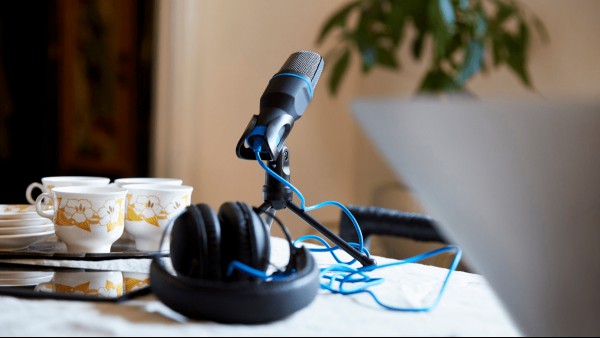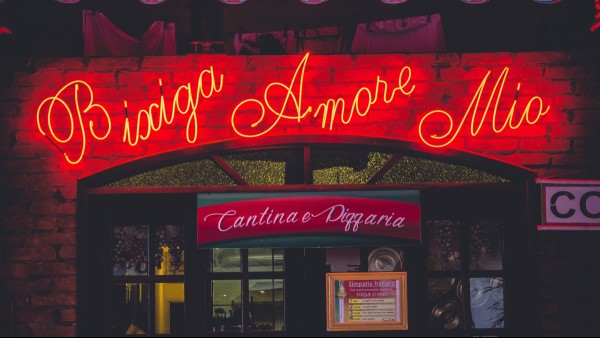If you decide to learn Portuguese, you’ll probably be asked a question: Portuguese Portuguese or Brazilian Portuguese? The two are similar enough to be mutually intelligible, sure. But for native speakers, the awareness of differences is acute.
Let’s investigate some of the biggest differences between European and Brazilian Portuguese. Overall, more unites the two dialects than divides them, but having awareness of the how the two diverge is useful when you’re learning the language.
The Biggest Differences Between European Portuguese And Brazilian Portuguese
The Accents
Some people find Brazilian Portuguese to be phonetically pleasing to the ear with its open vowels, but think that European Portuguese sounds somewhat mumbled and doughy. Brazilian accents have a lilting and strong cadence to foreign ears, making Brazilian Portuguese initially easier to learn and understand. Because of these differences in pronunciation, it might take a little more time to get used to the accent on the other side of the Atlantic.
Grammar And Spelling
Some words are spelled differently. For instance, “reception” in European Portuguese is receção, whereas Brazilian Portuguese adds an audible p to the spelling of recepção. This is applicable to words where the letter p is audible in Brazilian Portuguese and silent in European Portuguese.
Brazilians are also creative with their use of Portuguese, turning some nouns into verbs. To congratulate requires the Portuguese phrase dar os parabéns, but Brazilians sometimes also condense the expression into one verb: parabenizar.
Another interesting fact is the assimilation of foreign words into Brazilian Portuguese written with a phonetic twist. “Media” (as in mass media) is mídia in Brazilian Portuguese and media in European Portuguese. Brazilian Portuguese takes the word from American English and ignores its Latin roots. European Portuguese adopts it from Latin and keeps the original spelling. Generally speaking, European Portuguese is mostly resistant to change and precious about assimilating foreign words.
@babbel Portuguese from Portugal vs. Portuguese from Brazil! Did you know most Portuguese speakers live in Brazil? Although Brazilian Portuguese is mutually intelligible with the Portuguese spoken in Portugal, there are a few differences! #brasiliero #brasil #brazil #brasil #portugal #portuguese #learnportuguese #speakportuguese #português #portuguêsnotiktok #travelbrazil #travelportugal #vocabulary #language #babbel #polyglot #bilingual
original sound – Babbel
Formal And Informal Speech
Portuguese is a language that has different pronouns depending on the formality of the situation. In Brazil, you can address most people with você in informal contexts, but it works in some formal situations as well, bringing it closer to the classless universality of you in the English language. In Portugal, however, tu is used exclusively for friends and family, and as well as in other casual situations.
Formal and informal speech can be very confusing for a Brazilian immigrant in Portugal. If you confuse tu with você in European Portuguese, you will fail to get on people’s good graces and will come off as impolite, rude and even aggressive. It’s even more confusing when you understand that the Portuguese don’t utter você explicitly — it sounds crude — so they remove the pronoun and conjugate the verb using the third person singular.
Vocabulary
The most obvious difference between the two Portugueses is the vocabulary. Some words are completely different in both languages. Here’s a handy list.
| English | BR Portuguese | EU Portuguese |
|---|---|---|
| Train | Trem | Comboio |
| Bus | Ônibus | Autocarro |
| Suit | Terno | Fato |
| Buttocks | Bunda | Rabo |
| Ice Cream | Sorvete | Gelado |
| Cup | Xícara | Chávena |
| Refrigerator | Geladeira | Frigorífico |
| Brown | Marrom | Castanho |
Many of these differences are confusing to speakers from different continents, and they may occasionally lead to a communication breakdown. If you remain curious and aren’t afraid to ask questions, you’ll quickly resolve any misunderstandings. Portuguese people and Brazilians still speak the same language, despite slightly different evolutions over the years due to cultural and historical differences.
Which Portuguese Dialect Should You Start With?
Think about where you will be working, studying or traveling. Do you find certain sounds to be more appealing than others? What do you consider more interesting to you: Brazilian or Portuguese culture? Where would you prefer to live, if you were given the chance? Do you have friends in any of these countries?
If you’re really caught between the two, you could also just run the numbers. In Portugal, there are just almost 10 million speakers of Portuguese. In Brazil, however, there are over 200 million. If population numbers sway you, then Brazilian Portuguese probably is the more common dialect.
Bear in mind that whatever your choice might be, it is still the same language, so you will be able to read books published in both countries and generally communicate with people with little effort. Don’t let tiny obstacles get in the way of communication between cultures.
This article was originally published on July 22, 2015. It has been updated.











